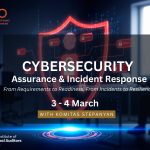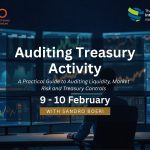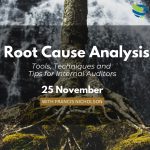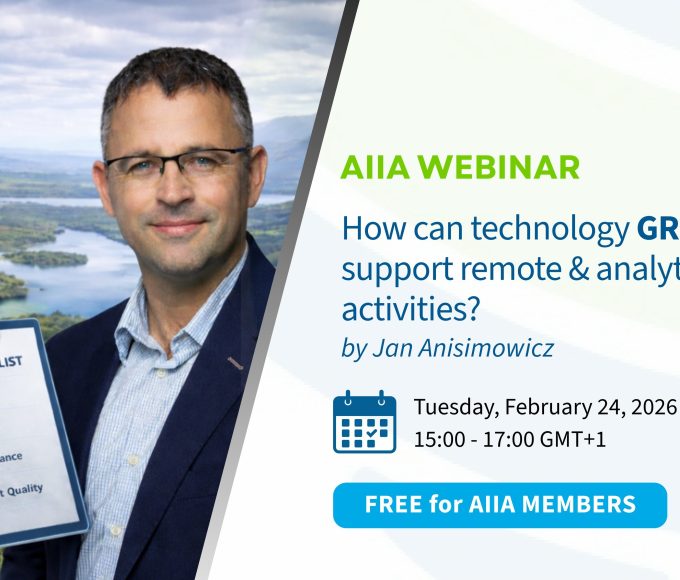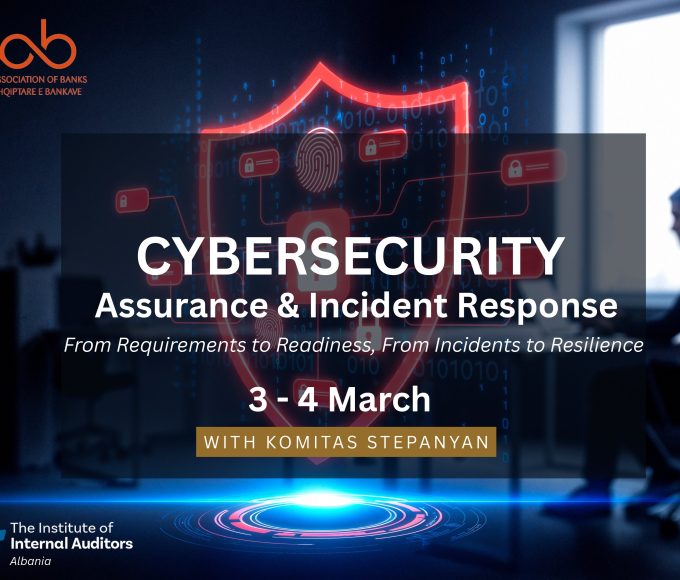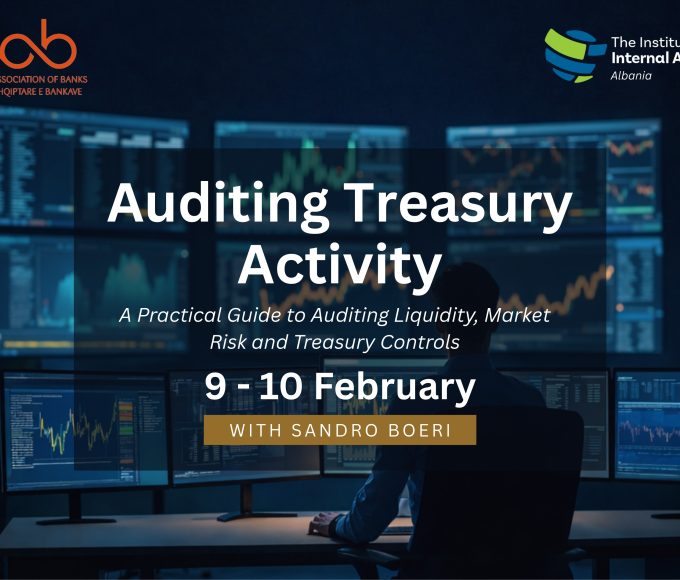FRAUD RISK MANAGEMENT AND THE ROLE OF INTERNAL AUDITORS
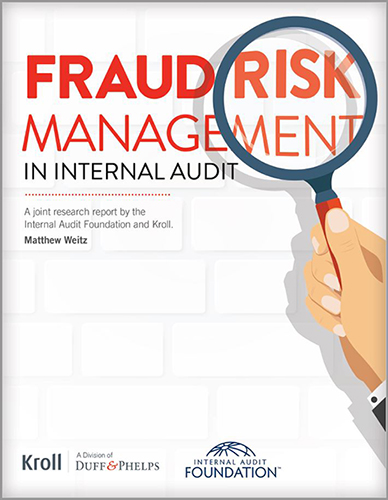
Introduction
In today’s ever-evolving business landscape, the threat of fraud looms larger than ever before, posing significant risks to organizations of all sizes and industries. To navigate this complex terrain, organizations need vigilant guardians who can not only detect and prevent fraud but also help strengthen the very foundation of trust upon which businesses thrive.
In this comprehensive training program, we will delve deep into the intricacies of Fraud Risk Management, shedding light on the myriad ways in which fraud can manifest and disrupt the integrity of operations. More importantly, we will explore the pivotal role that Internal Auditors play in safeguarding their organizations against these threats.
As we embark on this two-day course, you will gain a profound understanding of the principles, strategies, and best practices essential for effective Fraud Risk Management. Moreover, you will discover how Internal Auditors act as the backbone, using their expertise to assess, mitigate, and fortify an organization’s defenses against fraud, ultimately ensuring its long-term success and sustainability. Prepare to equip yourself with the knowledge and skills needed to be an instrumental force in safeguarding your organization’s assets, reputation, and future as we unlock the secrets of Fraud Risk Management and explore the dynamic role that Internal Auditors play in preserving trust and integrity within the corporate landscape.
Course objective
The training on Fraud Risk Management and the Role of Internal Auditors aims to equip participants with a comprehensive understanding of fraud risks, enabling them to proactively detect and prevent fraud. It emphasizes the critical role of internal auditors in assessing internal controls and collaborating with other stakeholders to strengthen anti-fraud efforts.
Target audience
This course is specifically tailored to meet the needs of professionals involved in internal auditing, fraud management, and risk management. It has been thoughtfully structured to provide a comprehensive learning opportunity, equipping participants with the advanced skills and knowledge necessary to excel in their roles within these critical fields.
Content
- Common Types of Fraud and Fraud Risks per Engagement Area:
- Background, “It won’t happen with us”, Definitions – Fraud & Embezzlement (F&E), Statistics, Case study
- Types of F&E, F&Es Perpetrators’ Characteristics
- Trends in F&Es in the world: Ways to detect Es, Effect of controls
- F&E Risk, Risk rating for F&E
- The conditions for the existence of fraud
- Red Flags: Categorizing, industry (topics)-specific red flags
- Design Appropriate Engagement Steps
- IA Roles/Responsibilities: authority, tools and knowledge, access
- Assessing Response to Engagement Area Fraud Risks
- Guidelines for Assessing Fraud Risk, Effective Fraud Risk Assessment
- Fraud risk assessment/survey, BUA vs. TDA, Parameters for assessing the likelihood of Fraud risks, methodologies, examples, F&E risk exposure map
- Determining Need for Fraud Investigation
- How (parameters), fraud investigation objectives
- Expert witness’ opinion for the court: process, court examinations/awareness, report (opinion)
- Process Review for Fraud Controls Improvement:
- Board and management responsibilities re preventing F&Es
- Prevention plan
- Global trends
- Insurance
- IAs responsibilities
- F&Es: risk management, awareness, prevention, control
- Detecting Fraud: Analytical Tools for Fraud Tests, IT tools, Benford, Continuous Audit
- Culture of Fraud Awareness:
- The wisdom in hindsight, Measures to increase awareness of F&E
- Whistleblower Hotline Features, examples/demonstrations
- Need to know principle, confidentiality, anonymity, secrecy, nondisclosure
- Interrogation/ Investigation Techniques:
- Differences, techniques, interviewing model
- Active listening, body language, activating all senses/sensors, body/voice- tone/eyes, geography
- Exercises to detect Fraud from body language
- Forensic Auditing:
- IA vs. Forensic Auditor
- Interview vs. Investigation
- **Detailed Topics- the Standards:
- IPPF Evolution Project
- IPPF Changes: Structure and Elements of the Standards, Proposed Glossary
- Proposed Principles and Standards – Domains III and IV
- Q&A
Instructor Bio

Doron Ronen is a distinguished lecturer and seasoned professional with a remarkable list of credentials that reflects his commitment to excellence in the fields of audit, risk management, and law. With a string of impressive designations, including CPA, CIA, CRMA, QAR, CRISC, CSX-F, CDPSE, and
CFE, Doron stands as a beacon of expertise and leadership in the realm of professional certifications.
Doron Ronen’s dedication to the auditing profession is exemplified by his prominent roles within key industry organizations. He serves as the President and Professional Committee Chair for the Institute of Internal Auditors (IIA) Israel, where he has played a pivotal role in shaping the future of internal auditing in the region. Additionally, Doron is a vital member of the IIASB (Standards Board), where he leads Content Review Working Group C, focusing on Domain IV, “Managing the Internal Audit Function.” His contributions to the profession extend further as a past President of ISACA Israel,
underlining his commitment to information systems and cybersecurity governance.
With an impressive 41 years of experience, Doron Ronen has established himself as a trusted expert in internal audit, IT/cyber audit, fraud examination, and risk assessment/management. Beyond his technical expertise, he has also served as an expert witness for the courts of law and arbitrators, providing invaluable insights in legal proceedings. Doron’s academic achievements include a Master of Arts degree in Internal Audit and Public Administration, as well as a Master of Laws (LLM) degree, both of which he graduated with distinction. His multi-faceted career is further highlighted by his role as the Audit Committee Chair at Variety Israel and his frequent engagement as a lecturer and speaker, sharing his wealth of knowledge with the next generation of professionals in the field.
Postimet e fundit
Related Articles
Webinar: How can technology (GRC, Data lakes, AI) support remote and analytical audit activities?
Remote and analytical auditing is no longer just an option, it’s a...
ByInfo AIIA17 Shkurt, 2026Cybersecurity Assurance & Incident Response
From Requirements to Readiness, From Incidents to Resilience Date: 3 – 4...
ByInfo AIIA16 Shkurt, 2026Auditing Treasury Activity
A Practical Guide to Auditing Liquidity, Market Risk and Treasury Controls Date:...
ByInfo AIIA2 Shkurt, 2026Root Cause Analysis
Tools, Techniques and Tips for Internal Auditors Date: 25 November 2025 (one...
ByInfo AIIA5 Nëntor, 2025



